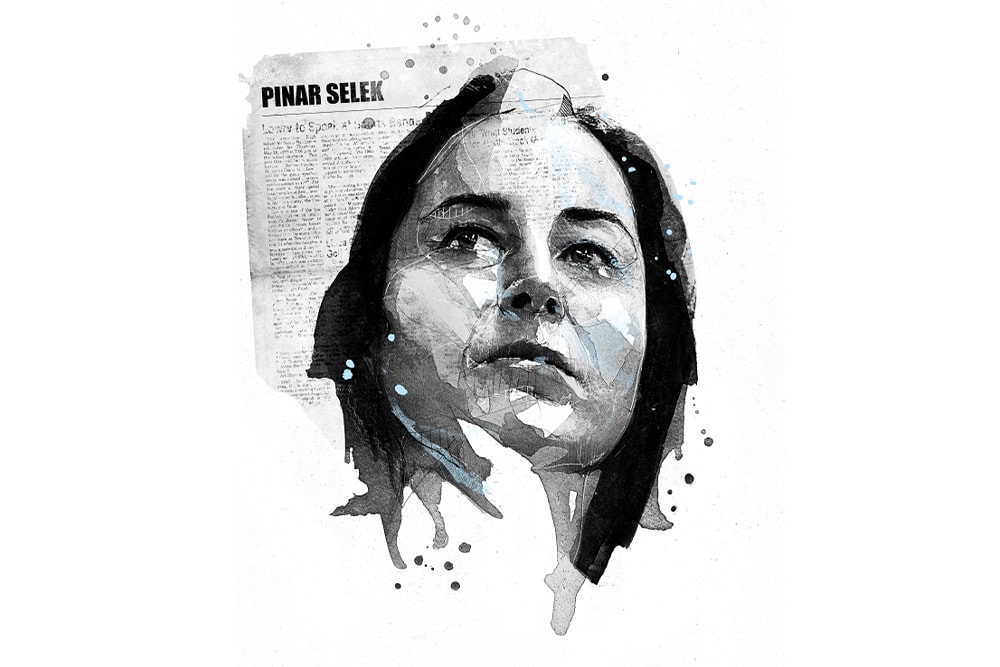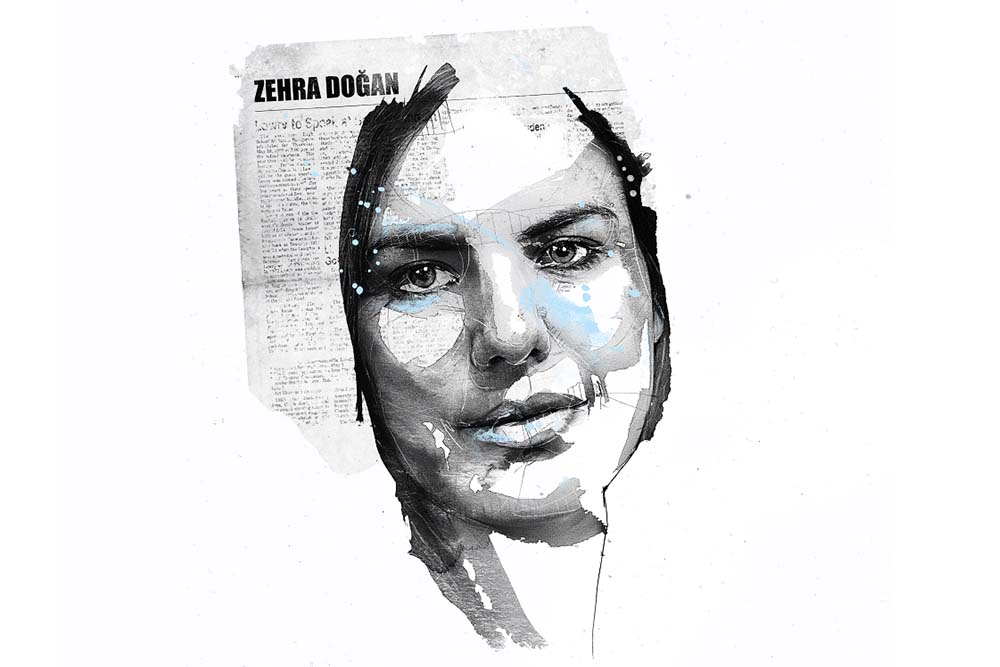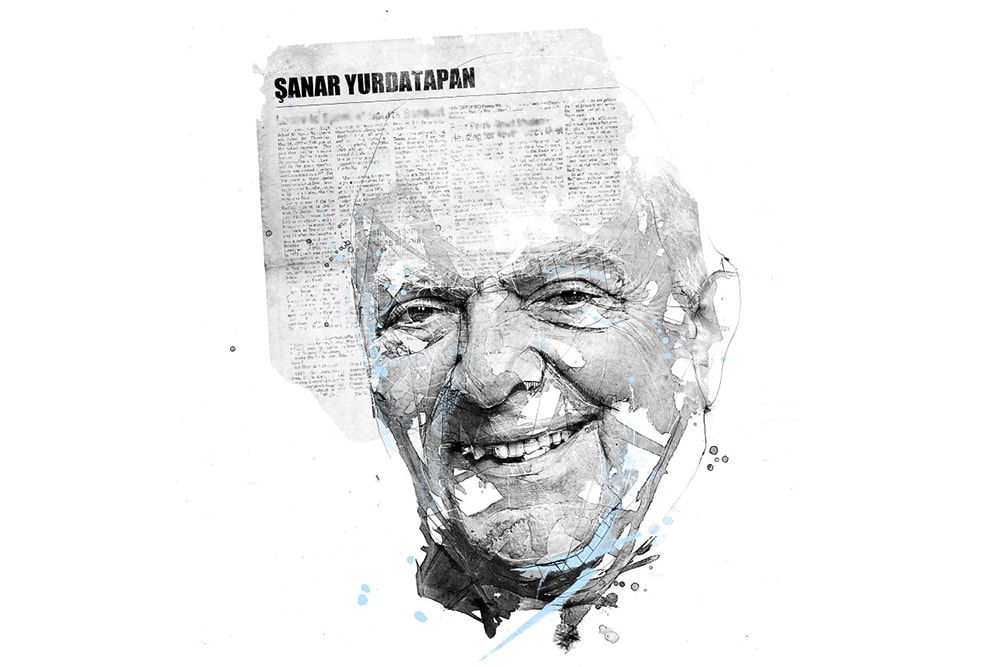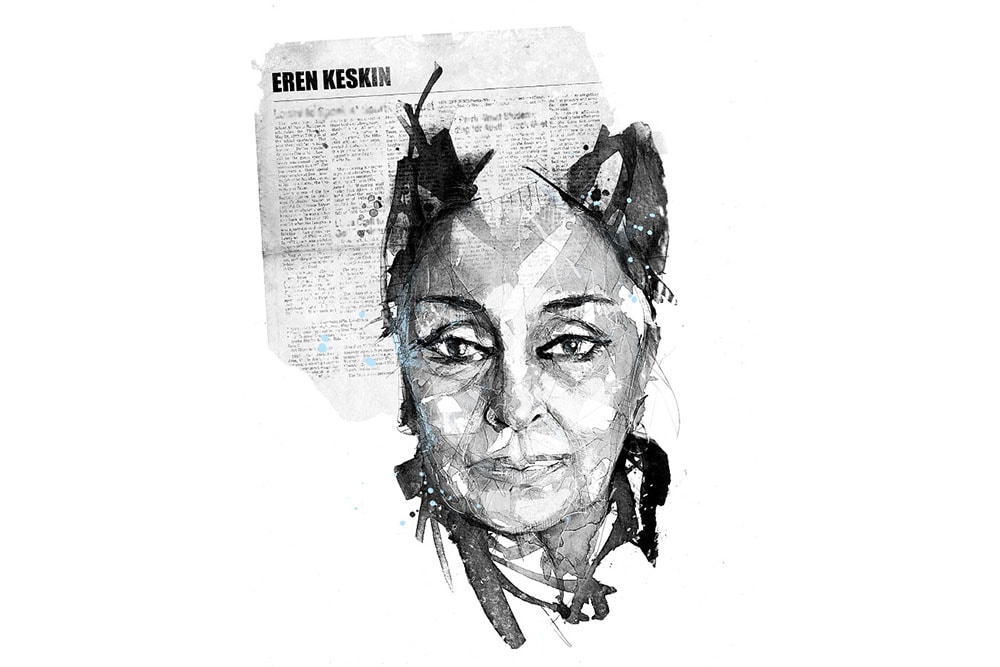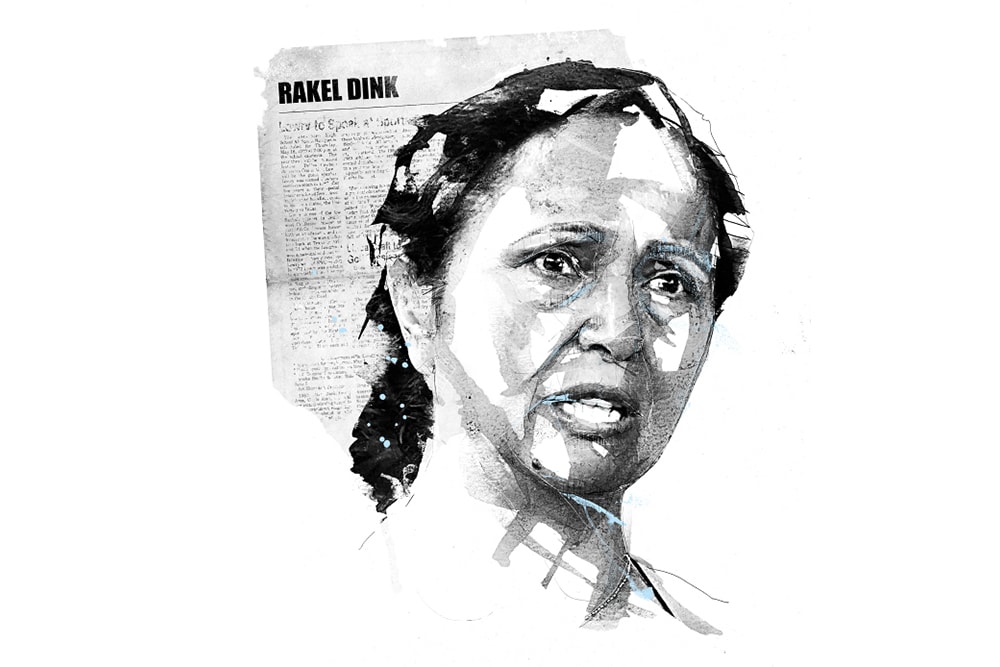Sociologist Pinar Selek has worked with Turkey's most marginalised communities. As a reward, the government has put her through one of the most perplexing trials in recent Turkish history.
Speaking in January 2013, Pinar Selek reflected on being sentenced to life in prison: “It is so hard to express what I feel about this scandalous legal situation. It is like asking a woman how she feels after she was subjected to violence. But I can tell you how I remain standing after 15 years. There is incredible solidarity with me.”
The trial against sociologist and activist for marginalised people, Pinar Selek, must be among the most long-winded and perplexing of any held in Turkey in recent decades. In a trial likened to the Dreyfuss Affair, it would appear that Selek is being punished for her research into Kurdish issues and her advocacy for the most ostracised in society, among them people who are homeless, sex workers, and transgender people.
In July 1998, an explosion at the Spice Bazaar in central Istanbul left seven dead and over 120 others injured. Selek was arrested two days after, along with five others. The evidence against Selek was based on the testimony of a suspect accused of being a member of the banned Kurdish Workers Party (PKK), whose account was later found inadmissible, having been extracted under torture. He subsequently denied knowing Selek at all. Two and a half years later, all five were freed after experts concluded that the blast had been caused by the accidental ignition of a leak from a gas canister.
What should have been the end of the story proved to be the start of one of the most convoluted trials in Turkey’s recent history. The prosecution challenged the decision to release Selek and, in December 2005, a new trial was opened against her. Once again, the court concluded that there was not enough evidence that the Spice Bazaar tragedy was anything other than an accident, and, in June 2006, Selek was acquitted. Prosecutors appealed the decision, and, in March 2009, the case was once again before the courts, only to end with a second acquittal in May that year. Dogged in their pursuit of Selek, prosecutors called for another review, and in February 2010 the case was reopened again. A year later, in February 2011, Selek’s acquittal was upheld – for the third time.
Apparently hell-bent on getting Selek convicted, again the prosecution appealed against the acquittal, and her case was back in court in December 2012. In January 2013 came the shocking news that she had been sentenced to life imprisonment. By this time, Selek had left Turkey to study for a PhD in Sociology in Strasbourg, France. She was tried in absentia, and an international arrest warrant was issued against her.
Selek appealed against the sentence, which led to her acquittal for the fourth time, in December 2014. The court concluded that the prosecutor’s insistence that there had been a bomb in the Bazaar in 1998 contained “irreconcilable contradictions”.
In 2022, Turkey’s Supreme Court reversed the 2014 acquittal decision and Selek was put on trial again in March 2023. Following a further hearing in September 2023, the trial was adjourned to 28 June 2024. The international arrest warrant against her remained in place.
Even in Turkey where prosecutions of people who are involved in Kurdish issues is common, Selek’s experience is extraordinary and her case created an outcry amongst writers, lawyers and academics who rose to her support. They and NGOs gathered outside the courts in protest whenever there was a hearing. The case was taken to the European Court of Human Rights.
Selek has since the mid-1990s worked with the homeless, Roma, street children, sex workers, transgender and other vulnerable people. After gaining her masters in sociology in 1997, she began research on Kurdish issues, interviewing over 60 people for an oral history project.
What lies behind these extraordinary trials could be Selek’s refusal to name people linked to the PKK during her research. It could also be that her commitment to the rights of marginalised people, combined with her sympathies for Kurdish rights makes her a scapegoat. Whatever the reasons, not only has there been injustice against Selek, there has been no justice or reparation for the victims who were in the Spice Bazaar on that terrible day.
After her release from prison in 2000, Selek set up Armagi, an organisation combating violence against women, and was one of the founding editors of a Turkish feminist magazine of the same name. She remains in exile in France, and has published several books on feminist and minority issues.
In 2019, Selek was awarded the Mediterranean Culture Prize, which recognises contributions to inter-cultural dialogue. Accepting the award, Selek said: “I am here as someone from the Mediterranean, as a woman in exile, as a writer, researcher and activist. I strive to resist with my work… and [am] trying to contribute to the growth of a counter-culture based on freedom, justice and solidarity.”
Illustration by Florian Nicolle
